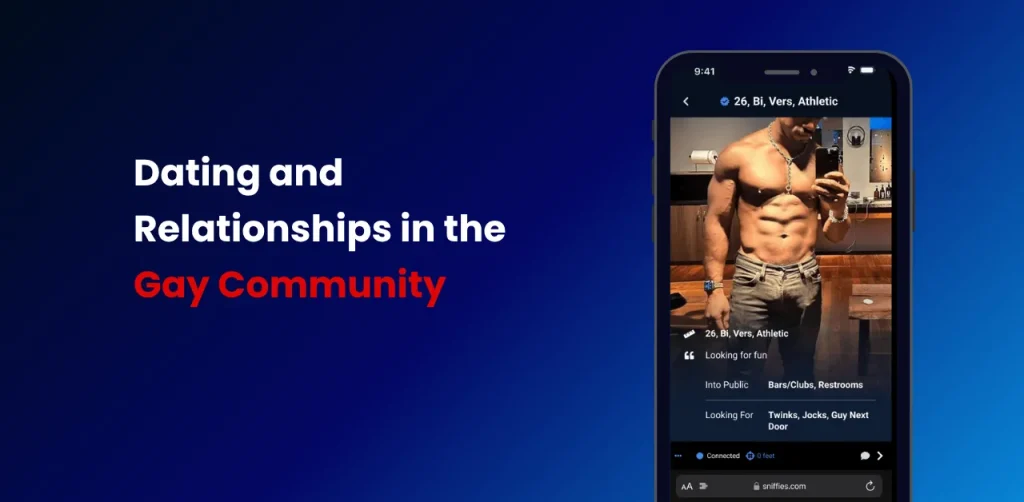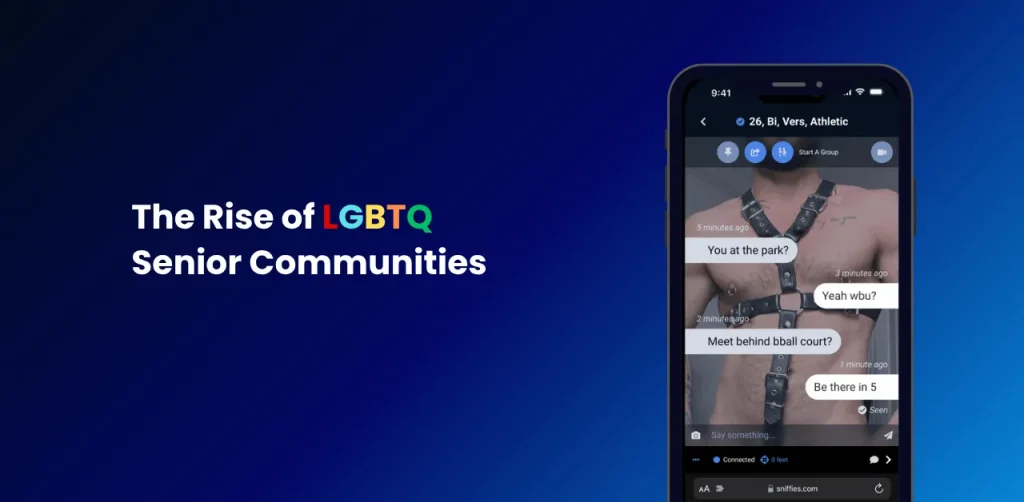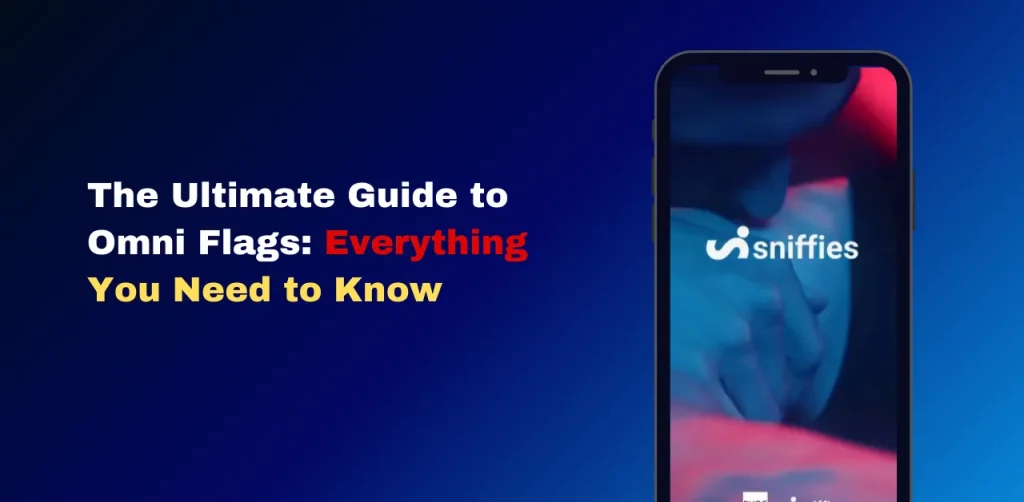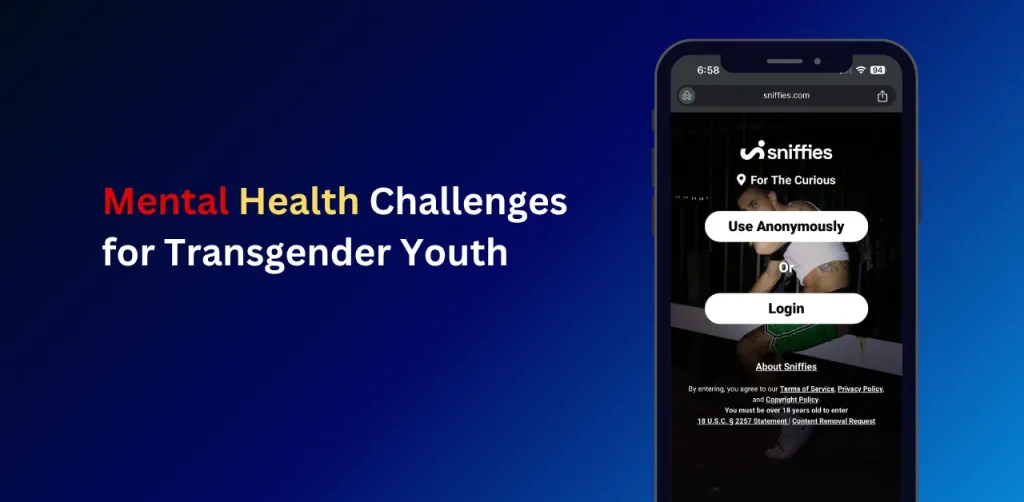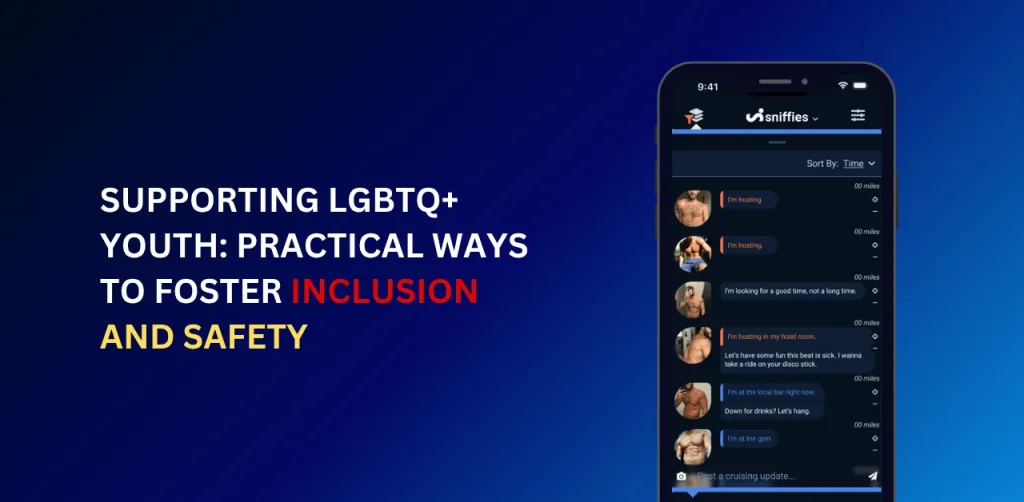Evolution of LGBTQ Rights in Supreme Court History
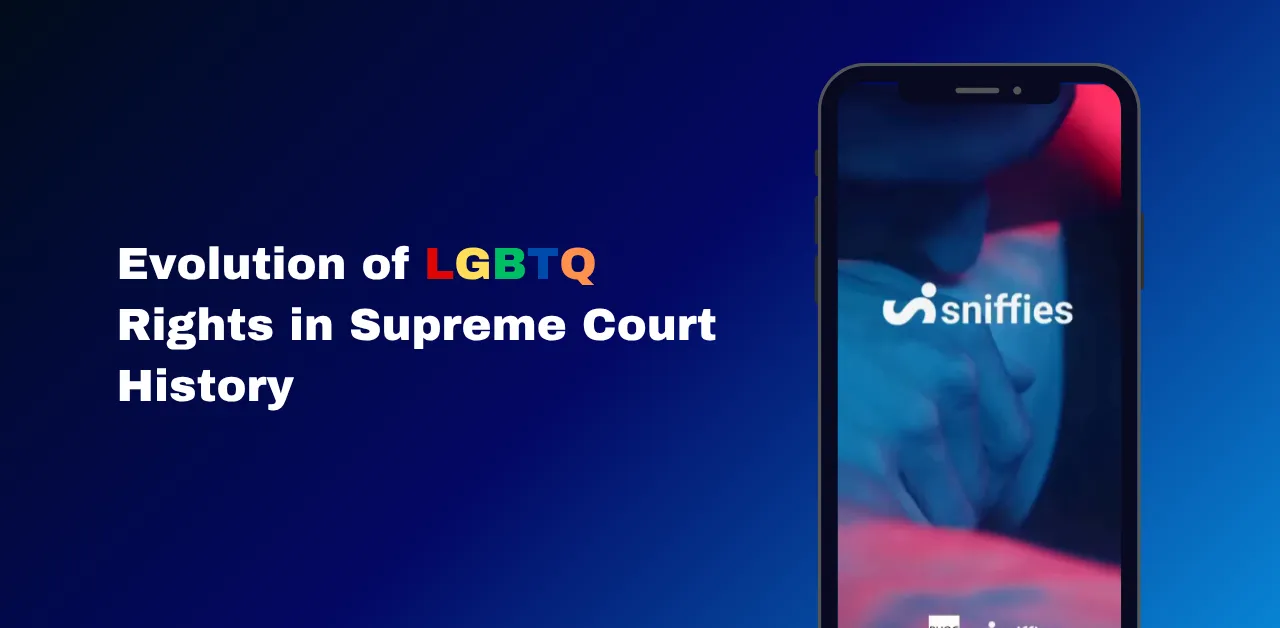
The U.S. Supreme Court has played a pivotal role in shaping LGBTQ rights, delivering landmark decisions that have redefined equality and protections under the law. From legalizing same-sex marriage to addressing workplace discrimination, these rulings impact millions. This article examines the most significant Supreme Court cases on LGBTQ issues, their real-world effects, and what lies ahead. Whether you’re researching for personal knowledge or seeking clarity on legal protections, this guide provides actionable insights.
Key Supreme Court LGBTQ Rights Cases
The Supreme Court has addressed LGBTQ rights in several landmark decisions, each reshaping the legal landscape. Below, we break down the most significant cases, their rulings, and their impact.
Obergefell v. Hodges (2015): Legalizing Same-Sex Marriage
In 2015, the Supreme Court ruled 5-4 that same-sex couples have a constitutional right to marry under the 14th Amendment’s Equal Protection and Due Process clauses.
Key Points
- Struck down state bans on gay marriage.
- Granted same-sex couples access to federal marriage benefits (taxes, inheritance, healthcare).
Impact
- Nationwide recognition of same-sex unions.
- Over 1,000 federal benefits tied to marriage became accessible.
Why It Matters
A historic victory for marriage equality, though some states continue to challenge it.
Bostock v. Clayton County (2020): Workplace Protections
A 6-3 decision ruled that Title VII of the Civil Rights Act protects LGBTQ employees from discrimination based on sexual orientation or gender identity.
Key Points
- Discrimination based on sex includes LGBTQ identities.
- Protects an estimated 8 million workers from wrongful termination.
Impact
- Federal safeguards against workplace bias.
- Influenced corporate policies on inclusivity.
Why It Matters
A major step toward employment equality, though religious exemptions remain contentious.
Fulton v. City of Philadelphia (2021): Religious Exemptions
A unanimous 9-0 ruling allowed a Catholic foster agency to refuse same-sex couples based on religious beliefs.
Key Points
- First Amendment protects religious organizations.
- Limited scope: Applied only to specific contracts.
Impact
- Raised concerns about LGBTQ adoption rights.
- Highlighted tensions between religious freedom and anti-discrimination laws.
Why It Matters
A precedent for future cases balancing faith-based exemptions and equality.
303 Creative LLC v. Elenis (2023): Free Speech vs. Discrimination
A 6-3 decision permitted a business to deny wedding website services to same-sex couples under free speech protections.
Key Points
- Applies only to “expressive” services (e.g., art, writing).
- Does not overturn anti-discrimination laws broadly.
Impact
- Fears of broader service refusals.
- Debates on where to draw the line between speech and discrimination.
Why It Matters
A setback for LGBTQ access to public accommodations, with potential for future challenges.
U.S. v. Skrmetti (2025): Transgender Healthcare Bans
A 6-3 ruling upheld state bans on gender-affirming care for minors, citing states’ rights to regulate medicine.
Key Points
- Affected 20+ states with similar restrictions.
- Dissent argued it violated equal protection.
Impact
- Limited healthcare access for transgender youth.
- Sparked protests and calls for federal legislation.
Why It Matters
A major rollback of transgender rights, signaling the Court’s conservative shift.
The Impact of Supreme Court Rulings on LGBTQ Rights
These decisions have reshaped American life:
- Marriage Equality: Obergefell granted federal benefits but faces state-level resistance.
- Workplace Safety: Bostock protects employees, but enforcement varies.
- Healthcare Access: Skrmetti leaves transgender care vulnerable to state bans.
- Religious Exemptions: Fulton and 303 Creative create loopholes in anti-discrimination laws.
Practical Tip: Check local laws, as state policies may differ. Resources like GLAAD track updates.
Current Trends and Future Implications
Emerging Legal Battles
- Transgender Rights: Sports participation, bathroom access, and adult healthcare laws.
- Religious Exemptions: Will they expand to healthcare, housing, or education?
- State vs. Federal Law: Conflicts over marriage equality and nondiscrimination.
Public Sentiment & Advocacy
- Support: Celebrations of Obergefell’s 10th anniversary (2025).
- Pushback: States passing anti-trans laws; some targeting Obergefell.
How to Stay Informed
- Follow SCOTUSblog for case updates.
- Support groups like HRC or Lambda Legal.
- Advocate for federal laws like the Equality Act.
The Broader Impact of These Rulings
Supreme Court decisions on LGBTQ rights ripple beyond the courtroom, influencing:
- Legislation: States may strengthen or weaken anti-discrimination laws based on rulings like 303 Creative.
- Social Norms: Obergefell normalized same-sex marriage, increasing public acceptance (70% of Americans now support it, per Gallup).
- Business Practices: Companies must navigate compliance with anti-discrimination laws while respecting free speech precedents.
To stay compliant, businesses should:
- Review state and federal anti-discrimination laws.
- Train staff on inclusive practices.
- Consult legal experts for creative services involving speech.
How to Stay Informed and Take Action
Navigating LGBTQ rights requires staying updated on legal changes. Here’s how:
- Follow Trusted Sources: Visit supremecourt.gov for official rulings or justia.com for case summaries.
- Engage with Advocacy Groups: Organizations like Lambda Legal provide resources and updates on LGBTQ rights.
- Advocate Locally: Support state-level protections to counterbalance federal rulings.
Why This Matters for You
Whether you’re an LGBTQ individual, a business owner, or an ally, these rulings shape daily life. From securing a job to planning a wedding, understanding your rights empowers you to navigate challenges. Our team, with over a decade of experience analyzing legal trends, crafted this guide to clarify complex rulings and provide actionable steps.
Is same-sex marriage still legal nationwide?
Yes, under Obergefell v. Hodges, but some states challenge it.
Can LGBTQ employees be fired for their identity?
No, Bostock v. Clayton County prohibits workplace discrimination.
Can businesses refuse LGBTQ customers?
In limited cases (e.g., 303 Creative), if services are “expressive.”
What’s next for transgender rights?
Battles over healthcare, IDs, and school policies loom.
Conclusion: The Path Forward
The Supreme Court’s rulings on LGBTQ rights reflect a complex balance of equality, free speech, and religious freedom. While Obergefell and Bostock expanded protections, 303 Creative highlights ongoing tensions. By staying informed and engaged, you can advocate for a more inclusive future.
What’s your take on these rulings? Share your thoughts below or contact us for more resources on LGBTQ rights. check out our latest article on Sniffies Alternatives Options for LGBTQ+ or Country Songs Every Queer Liberal

